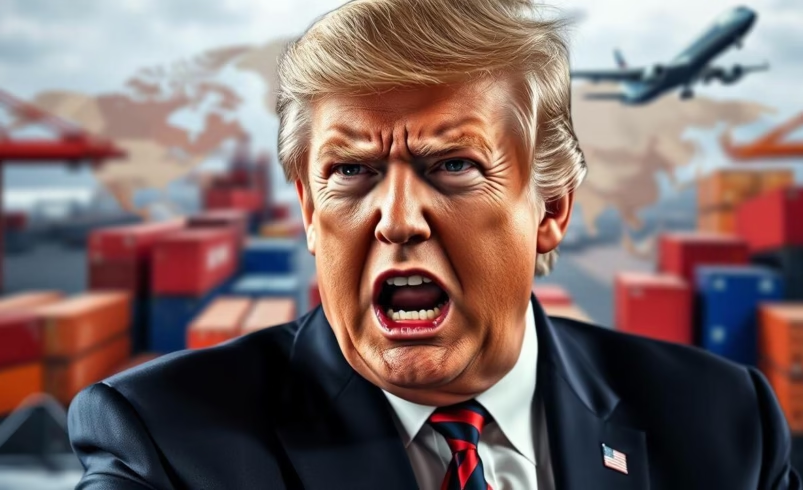Impact of US-Iran Tensions on Trump’s Tariff Strategy
- June 23, 2025
- 0

The recent US military action targeting Iran’s nuclear facilities has intensified global scrutiny of President Donald Trump’s tariff policies. Historically, there has been a perception that Trump might retreat from aggressive economic measures, particularly tariffs, when faced with international pressure. However, the current geopolitical climate has cast doubt on this assumption. The economic ramifications of these tensions are significant, as they could influence global trade dynamics and economic stability.
The core issue revolves around how Iran will respond to the US strikes and what that means for international markets. If Iran chooses to retaliate, it could lead to heightened geopolitical instability, potentially disrupting global supply chains and escalating into a broader trade conflict. Such developments could trigger a series of economic consequences, including increased tariffs, strained international relations, and possibly a global recession.
Conversely, if diplomatic efforts prevail and tensions de-escalate, there may be opportunities for renewed cooperation among global powers. This scenario could stabilize markets and mitigate the risk of a trade war. The uncertainty surrounding these outcomes has left investors and policymakers on edge, as they attempt to navigate the potential economic fallout.
The situation underscores the delicate balance between military actions and economic policies in shaping international relations. As the world watches closely, the decisions made by both the US and Iran will have far-reaching implications for global trade and economic health. The unfolding events will test Trump’s resolve in maintaining his tariff strategy amidst mounting pressure and uncertainty.